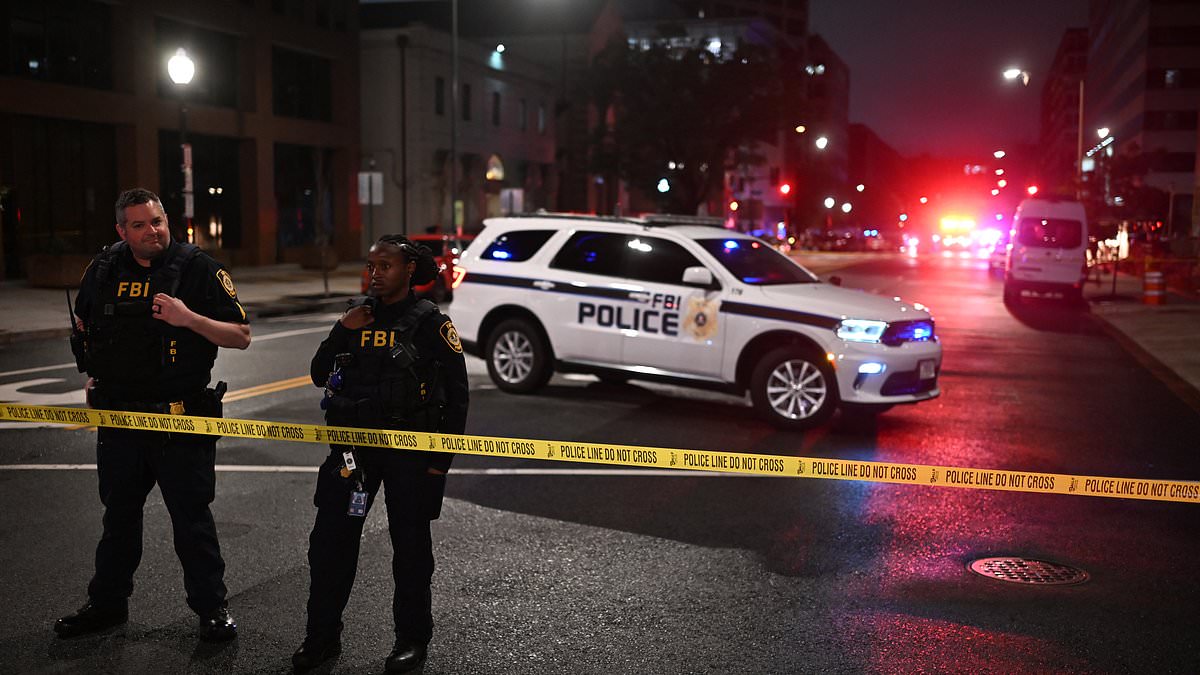What started as shaky nuclear negotiations between the U.S. and Iran has now escalated into open hostility, with spiritual leaders stepping into the fray.
A senior Iranian cleric has made headlines around the world by issuing a fatwa — a powerful religious decree — against former U.S. President Donald Trump, labeling him an “enemy of God.”
Grand Ayatollah Declares Trump and Netanyahu as Enemies of Islam
Grand Ayatollah Naser Makarem Shirazi, one of Iran’s most influential religious authorities, publicly condemned both Donald Trump and Israeli Prime Minister Benjamin Netanyahu.
He accused the two leaders of committing “mobareb”, a grave Islamic legal term that describes someone waging war against God.
In his fatwa, Shirazi went even further, declaring: “Any cooperation or support for that enemy by Muslims or Islamic states is haram [forbidden].”
He urged Muslims across the world to take a stand against Trump and Netanyahu and to “make these enemies regret their words and mistakes.”
A Call for Spiritual Resistance and Reward
The Grand Ayatollah didn’t stop at condemnation.
He told followers that any Muslim who suffers hardship while resisting these “enemies” would be spiritually rewarded, likening their struggle to that of fighters in the path of God.
“God willing,” he added, “their sacrifice will not be in vain.”
The 12-Day War Sparks Global Fallout
This fatwa didn’t emerge in a vacuum. It followed the outbreak of what’s being called the 12-day war, a deadly conflict triggered by Israel launching a series of strikes against Iran’s nuclear, military, and civilian sites.
The United States joined the offensive soon after.
In response, Iran struck back with force, targeting both American and Israeli interests.
The war erupted just as diplomats from Washington and Tehran were trying to restart talks over Iran’s nuclear programme — efforts that are now entirely frozen.
Trump Doubles Down on Truth Social
In typical fashion, Donald Trump fired back — not with missiles, but with a post on Truth Social. “I am not offering Iran ANYTHING,” he wrote.
“Unlike Obama, who paid them billions… nor am I even talking to them since we totally OBLITERATED their Nuclear Facilities.”
His message made clear that the U.S. had no intention of softening its stance, even as tensions rose to dangerous levels.
Iran Suspends Talks and Demands Clarity
Iran’s Deputy Foreign Minister Majid Takht-Ravanchi confirmed in an interview with the BBC that all talks with the U.S. are on hold.
He said Iran is waiting for a clear commitment from the U.S. that it will not carry out any more strikes if negotiations resume.
“We have not agreed to any date,” he explained, adding that Iran needs a firm answer to one key question: “Will the U.S. attack us again while we’re sitting at the table?” Until that’s resolved, diplomacy is off the table.
No Plans for Regime Change, Says U.S.
According to Takht-Ravanchi, the U.S. has privately communicated that it does not intend to target Iran’s leadership or push for regime change — specifically sparing Supreme Leader Ayatollah Ali Khamenei.
However, Iranian officials remain skeptical about American intentions.
Uranium Enrichment Sparks Another Standoff
One major sticking point continues to be Iran’s uranium enrichment.
The deputy foreign minister argued that Iran has the right to enrich uranium for peaceful purposes, saying, “The level and capacity can be negotiated.
But telling us to stop completely and threatening to bomb us if we don’t — that’s the law of the jungle.”
Iran insists its nuclear ambitions are civilian-focused.
Israel and the U.S., however, claim that Iran is dangerously close to developing a nuclear weapon.
How Much Damage Was Done?
The full extent of the damage from the Israeli and American strikes on Iran’s nuclear infrastructure remains unclear.
But what’s certain is that the attacks dealt a serious blow to the already fragile state of diplomacy.
From Obama’s Deal to Trump’s Exit
Under the 2015 nuclear deal, Iran was allowed to enrich uranium only to 3.67 percent — a safe threshold for energy purposes.
But Trump pulled the U.S. out of that deal in 2018.
Since then, Iran has gradually ramped up enrichment, reaching 60 percent — still below weapons-grade but far beyond civilian needs.
Experts say that, if further enriched, Iran’s stockpile could be enough to make more than nine nuclear bombs.


